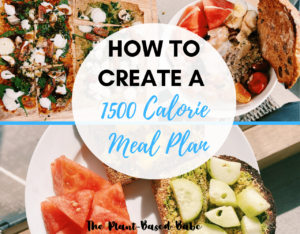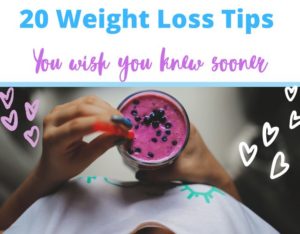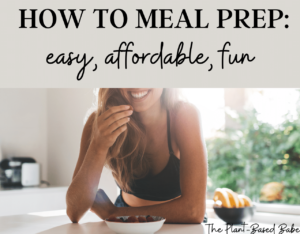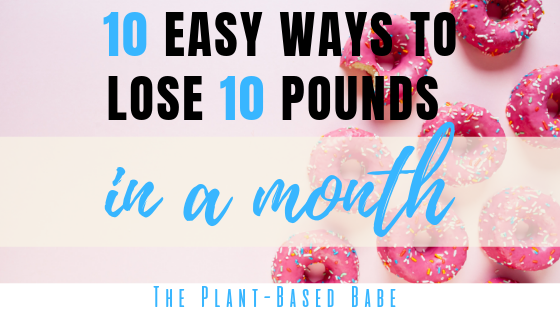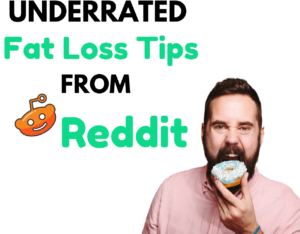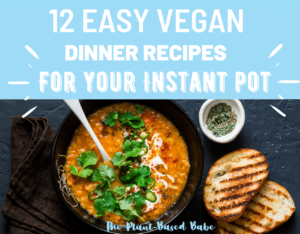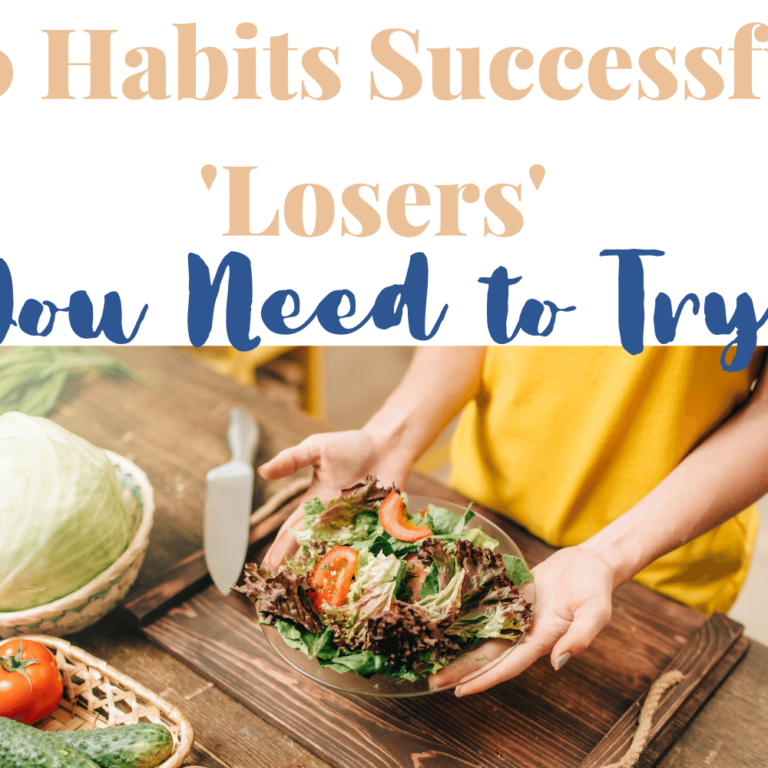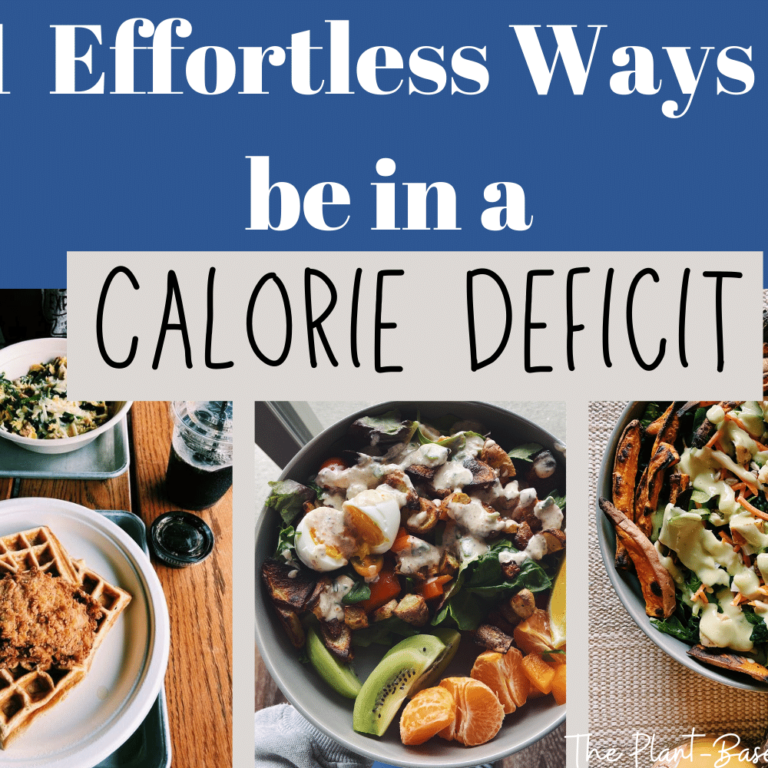Here I will discuss some more nutrition and health tips that can help you prepare for this upcoming year ahead. These tips can help you lose weight, tone up, and build muscle. These tips are so helpful and do not include any fad dieting either.
It is important we have a good balance of Proteins, Fats, and Carbs. We will be discussing those today as well.
Related: How to Create a 1500 Calorie meal Plan
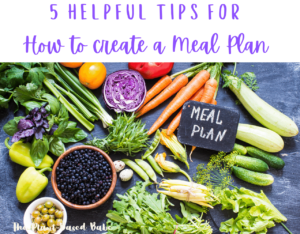
Tip 1: Have a good Mindset & Positive Body Image

This one may seem totally weird to include in a meal planning post but it is the most crucial step into creating a healthy meal plan and a better relationship with yourself and your food.
To start, how is your body image? Are you often wishing you looked like a different person? Feel unhappy when you look at others or just negative in general when you look at yourself?
If you feel any of these thoughts, you may have bad body image. Granted, we all have bad body image days sometimes, it can be worse than others.
Not using Instagram or any type of apps or socials that make you feel bad about yourself is a right step in a better direction.
We all have unique bodies, and we should love what they can do for us. And if we don’t appreciate something about ourselves, we should change only what we can to an extent and the things we can control.
Basically, we must accept our bodies as well, or else we will be miserable! It is important to understand your body is different from another person’s- but it is still very special.
Be kind to yourself and get right with your body and your mind.
Your mindset is critical. For example, if you are suffering from an Eating disorder or disordered eating, maybe weight loss isn’t right for you. You might need to work on accepting food as nourishment and energy rather than an emotional coping mechanism and work on more emotional issues going on inside first.
Here is an ED assessment you can take if you feel you do struggle with food, these are eating disorder specialist that can help you with whatever you need.
Tip 2: Determine your caloric needs & Energy Expenditure

Okay now that we got the emotional part out of the way (it is part of living a healthy lifestyle!), we need to determine how much you move and how much energy you need to sustain yourself.
Depending on your goals, we will discuss this in tip 3, you might want to lower your energy intake, increase, or keep it at maintenance.
Total Daily energy expenditure calculator
Calorie/ energy needs calculator
These will help you create the best meal plan for you! You don’t need to focus so much on macros, but more the calories and protein. If you meet your calorie needs for the day, you can feel energized and better about your decisions.
It can also help you be more mindful about what you eat throughout the day and whether you are eating emotionally or if you are eating for hunger.
Tip 3: Determine your Goals & and where you are at right now

This is also a fun one. I love to reassess my goals every month to see where I am at with progression and my body and mind.
You should try to come up with 1 goal and focus on it for the month. Since this is a meal planning post, It is assumed that you might want to focus on your nutrition! So with this focus in mind, what do you want to achieve?
Weight loss:
if your goal is fat loss, or also toning up, then you need to be in a calorie deficit. It doesn’t really matter how much you go into a deficit as long as you are eating less than you are expending. For example, after determining you burn 2,000 calories a day from tip 2, you need to be eating under that amount to lose weight.
The larger the deficit, the faster you will lose weight. HOWEVER, don’t focus on doing this fast, it took time to gain weight, it takes time to lose it as well. Fast weight loss may not be always a good thing because you can gain it back even faster plus more! It is recommended not to lose more than 1lb a week depending on your weight.
1lb a week: 500 calorie deficit a day (2000-500= 1500 calories a day)
.5lb a week: 250 calorie deficits (2,000-250= 1750 calories a day)
Maintenance:
If you just want to maintain your weight, then you need to eat as many calories as you burn. For example, if you typically burn 2,000 calories a day you should eat 2,000 calories a day to maintain your weight. Of course, a few calories under or over won’t do much because it balances out week by week. This is the easiest phase to stay in.
Weight gain:
This has the same principle as weight loss only you will be eating in a surplus instead of a deficit. This is where things can get tricky. Some people might think if they are skinny, they should just increase their calories and do a “bulk”. Eating at a surplus will not help you gain muscle. It will gain fat but it can give you more energy to lift heavier in the gym. It is recommended to still do a bit of cardio in this phase.
If your goal is to put on muscle mass, then you should stay at maintenance or slightly above maintenance with your nutrition. Then, lift heavier at the gym to build muscle. Make sure to eat the adequate amount of protein needed for protein synthesis. If you aren’t eating meat, make sure you eat a complete amino acid protein profile for the day so protein synthesis can occur.
Tip 4: Learn a bit about Nutrition
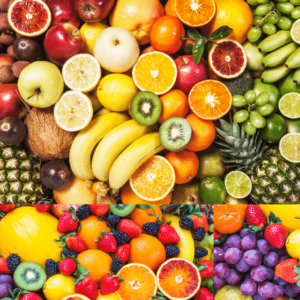
Wow, we just discussed so much! I will be very plain, simple, and brief about this part. You don’t need to be an expert in nutrition to eat a healthier diet. However, you should know some basics to understand why a healthy diet is necessary!
Benefits to eating a balanced, mindful diet:
- Lowers disease risk like diabetes and heart disease
- Increases mobility (less achy joints)
- Better Sleep
- Less stress
- Happier mood
- Less cravings for junk foods
- Look better
- More energy
- Live longer
This only a fraction of the benefits but they are the best reasons to eat a better diet.
Let’s talk about macros for a sec.
Macronutrients are nutrients that we need in larger quantities. Macros are: Protein, Fat, and Carbohydrates.
Micronutrients are nutrients we need in smaller amounts. These include vitamins and minerals.
Protein:
Needed for the amino acid profile. Enables protein synthesis (muscle growth after workout). Helps you feel fuller for a longer amount of time. Stabilizes cravings. Rebuilds muscle tissues and skin cells.
- Tofu, meat, eggs, beans, quinoa, rice, peanut butter, protein powder, protein bars, nonfat Greek yogurt
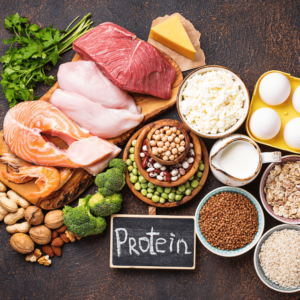
Fat:
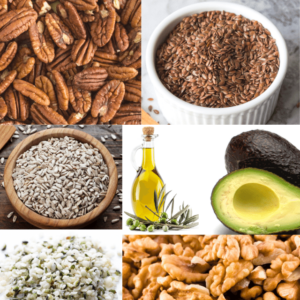
Nourishes skin cells, hair, nails, eyes. Higher in calories (more energy dense). May help you feel fuller and gives food flavor, texture, and better taste. It also has essential omega 3’s that are important for brain and body function. There are a few different types of fat as well; monounsaturated fat, polyunsaturated fat, saturated fat. The mono and poly unsaturated fats are healthy fats and saturated fat should be limited to 10% of your daily allowance. This also has 9 calories per gram where carbs and protein have only 4 calories per gram.
- Avocado, oils, nuts, seeds, meats, eggs, dairy products
Carbohydrates:
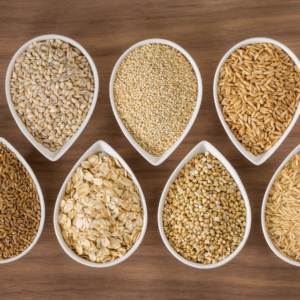
These are our energy suppliers! We get a bulk of our calories from carbohydrates. They replenish our energy stores after a workout and supply energy for before a workout as well. Carbohydrates make up 60-70% of our diets and include pasta, beans, rice, vegetables, fruits, bread, sugars, milk, oats, flour and so much more.
If you limit this, it is exceedingly difficult because it is meant to be eaten in bulk. These are essential for having energy and a good mood. However, if we eat too many carbohydrates (honestly any of these macros in excess), then we can easily store more fat in our bodies if we do not move enough in the day to use up the energy that has been stored.
Tip 5: Plan ahead of time!
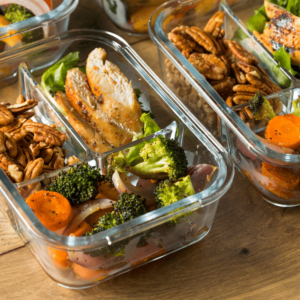
Meal prepping is your friend! Having snacks ready to go, meals ready, and fresh fruit and veggies on hand at all times is essential to stick to your diet! I cannot tell you how many times I have messed up at got take out just because I was “too tired to cook”.
- Meal prepping saves so much time with meal planning and making food in the week. You will look forward to your meals.
- Make the meals you like, enjoy, and can eat a lot of. My favorite bulk foods include casseroles, soups, oatmeal, tofu’s, meats, potatoes, beans, rice, and cut up veggies or fruit. This saves me time and I don’t have to eat in Tupperware all the time (yuk). I also recommend using glass containers.
- Plan your meals ahead of time too. This will help you not wander aimlessly in the grocery store and then you end up buying too much food, waste, and snacks and other foods that have little nutritional value. Have a plan before you go to the store so you know what you will make. It will help you save money.
I hope this post helps you. It is long but valuable! However, if you are confused, please leave a comment or message me on Facebook, I will be happy to assist you!
Xoxo,
Dacia
